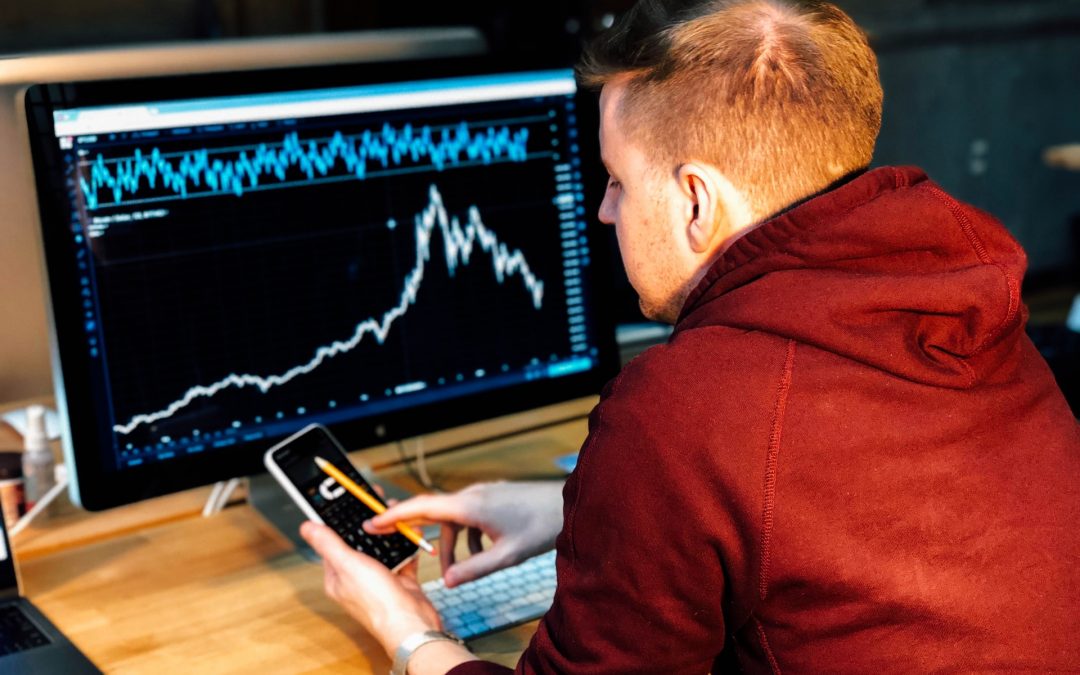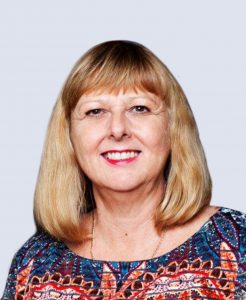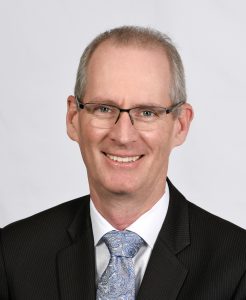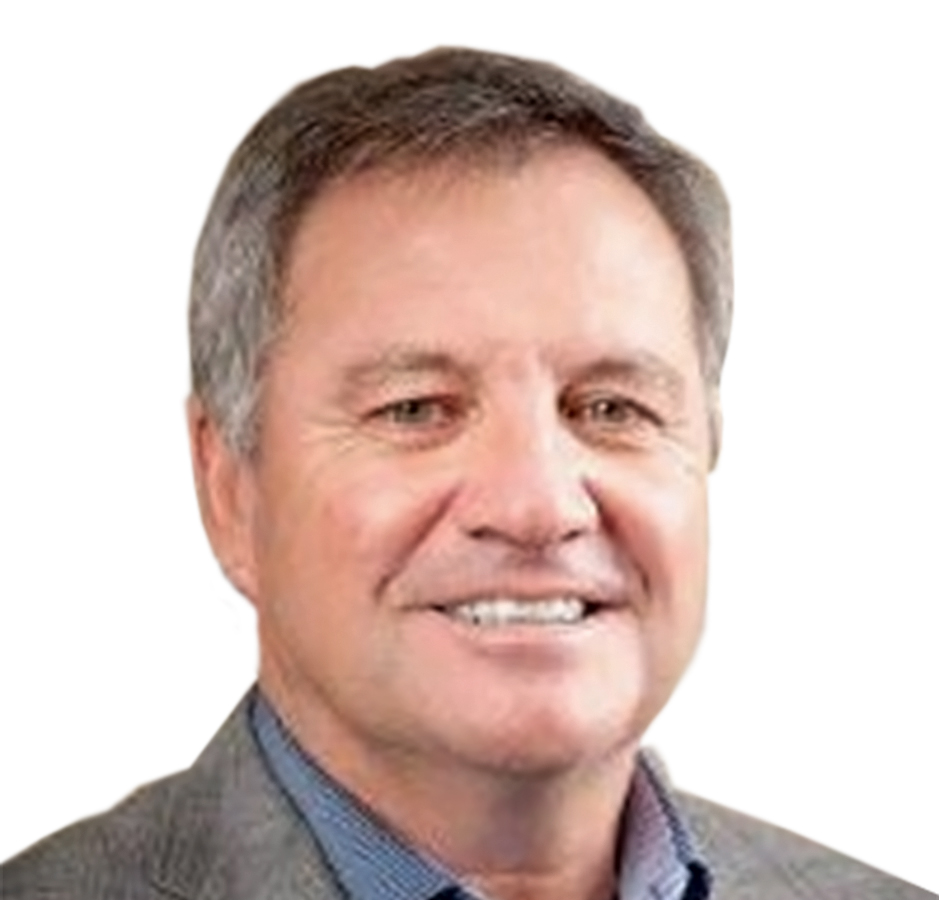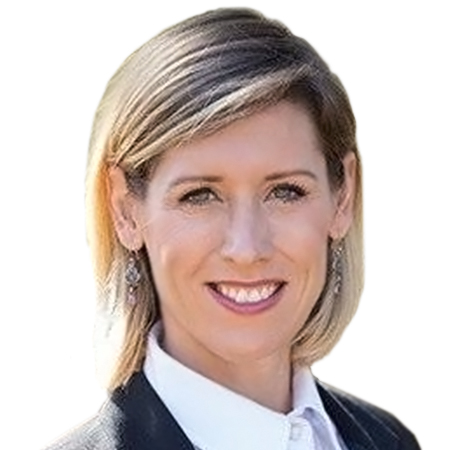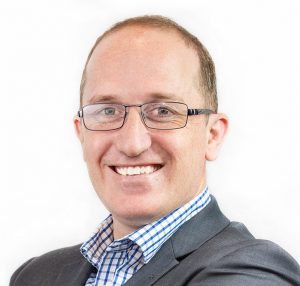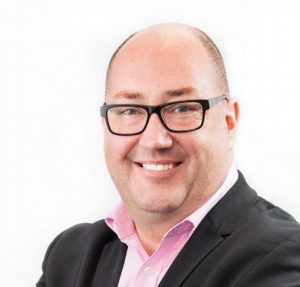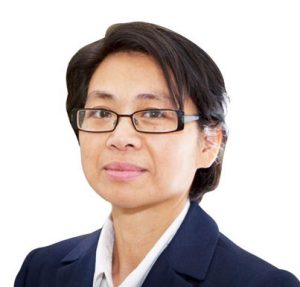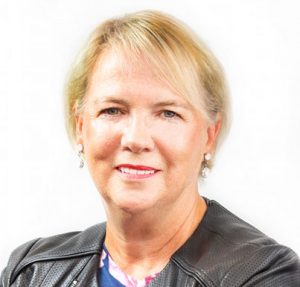Over the course of four jam-packed days, seven teams of soon-to-be health data gurus have learned how to use Microsoft Power BI and Azure tools to analyse real-world data about patient responses to musculoskeletal therapies, and develop dashboards and machine-learning models that will become more and more useful over time.
The Digital Health Cooperative Research Centre (CRC) is running an online datathon exploring the use of business intelligence and machine learning tools in health datasets from June 11-16, in partnership with Microsoft and MyScoreIT and supported by BizData.
There was fierce competition for the 35 places on this educational challenge, which received more than 150 applications. Finalists have come from different professions, backgrounds and organisations all over Australia, and were allocated to one of five positions within the seven teams: health practitioner, health information manager, data practitioner, data scientist or student.
“This is a wonderful opportunity for people from academia and industry to learn new skills, solve industry-based problems and produce practical, real-world outcomes,” says Dr Melanie Haines, Education Manager at the Digital Health CRC.
Dr Nic Woods, Chief Medical Officer for Microsoft Australia, sees the datathon as a learning opportunity for all involved.
“Bringing people, data and tools together is critical to delivering effective healthcare,” he says. “Organisations invest millions of dollars in clinical and other systems that amass large amounts of data, but to get to the useful insights, we need more people skilled up in using modern data technologies and approaches.”
He adds, “We are delighted to be able to support this leading program in helping train the next wave of data scientists and analysts for Australian healthcare.”
Felipe Ayora, BizData’s Director of Research and Advanced Computing, dialled in from Wellington, New Zealand to take the team through their paces. “We had a face-to-face datathon all lined up, but like many events under COVID-19 restrictions, quickly re-purposed it for an online environment, using Microsoft Teams,” he says.
His staff cleaned up the de-identified dataset and created custom training on data analytics and machine learning, to prepare the teams for the datathon. Felipe also helped create a series of challenges during the datathon to make sure everyone could apply their new skills.
Delivering data
Using de-identified data from around 700 patients registered on the MyScoreIT platform, the teams will develop a data dashboard which uses about 35,000 records of PROMs (Patient Reported Outcome Measures) to show how symptoms respond to treatment, how patients with this condition typically progress and the effectiveness of different therapies and practitioners.
The teams will use de-identified data from sports physician Dr James Lawrence, who co-founded and built the MyScoreIT platform to collect and remotely monitor PROMs.
“A PROM uses scientifically validated health questionnaires which quantify a patient’s pain, their function and quality of life,” says Dr Lawrence.
“When I review my patient’s scores over time, it helps me understand how severe their symptoms are and what things cause them the most struggle so I can tailor their treatment plan,” he says.
“But when we start to aggregate PROMs data at a population level, we can start to see patterns. We can see how patients with knee arthritis generally progress, and we can identify outliers – if someone is doing poorly, we can intervene with additional help.”
Dr Lawrence says that patients would also benefit from seeing data so they can understand, for example, how they are going compared to others with similar conditions, typical experiences for particular therapies and so on.
Motivation and networking
Dr Haines says that the datathon has been a remarkable success so far, as the seven teams get ready to compete for a $5,000 first prize.
“The prize is exciting, but they are all winners, because they get to have this intensive education experience which will be an extraordinary boost to their career development,” she says.
Dr Haines adds that the teams are already bonding, mentoring each other and building strong professional networks as they work through the challenges.
“Our role is to bring academia and industry together. We have a real melting pot of interesting characters, and there’s massive brain power from all these different disciplines being focused on a significant real-world problem, things are going very well!”
Read more about our quirky datathon participants here:
https://outgoing.digitalhealthcrc.com/datathon-participants-wear-many-hats/
About Digital Health CRC
Digital Health CRC is part of the Australian Government’s CRC program which provides competitive and merit-based grant funding to support industry-led collaborative research partnerships. The grant is complemented by cash and in-kind support from industry and research partners.
About MyScoreIT
We make it easy for clinicians to collect and use patient reported measures in their daily practice. Providing data to help clinicians gain more insight, make better decisions and optimise their care. Built by sports physicians for musculoskeletal clinicians and their patients, our focus has always been on effectively embedding PROMs into a busy clinical workflow to improve the quality and value of the care delivered.
About Microsoft for Healthcare
Microsoft for Healthcare works with health industry partners, striving to achieve the goal of better health globally; offering people-first solutions to empower organizations, patients, and care providers using Microsoft platforms and technologies.
About BizData
BizData is an international Data Analytics Agency specialising in rapid delivery of Artificial Intelligence, Big Data and Business Intelligence solutions, leveraging Microsoft and Open Source technology.

